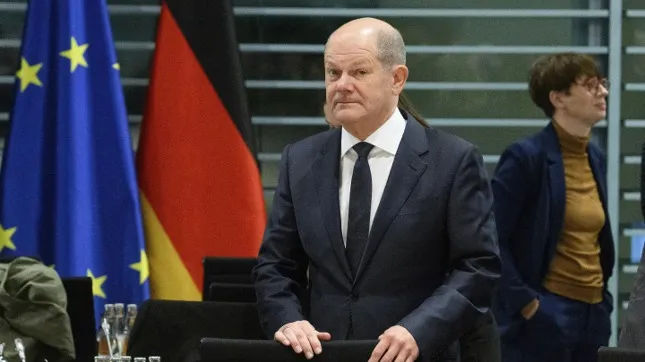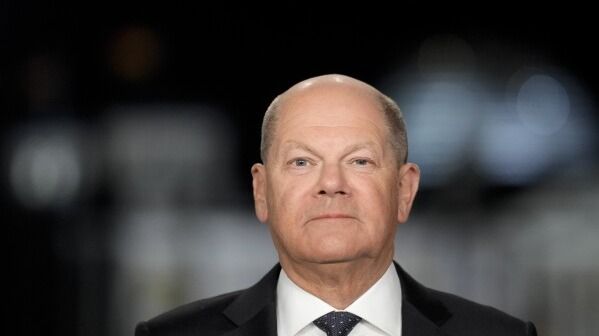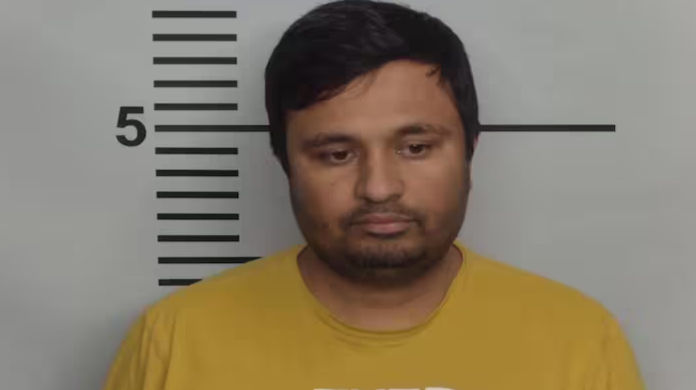A historic prisoner swap between the U.S., Russia, and several other countries has left Germans grappling with mixed emotions. The exchange, one of the largest and most complex since the Cold War, saw 16 individuals—Americans, Germans, and Russian dissidents—released in return for eight Russians held in five different countries.
Among those freed was Evan Gershkovich, a Wall Street Journal journalist who had been detained in Russia on dubious espionage charges and recently sentenced to 16 years in prison. The deal’s centerpiece for Moscow was Vadim Krasikov, a former Kremlin-linked colonel serving a life sentence in Germany for the 2019 murder of a Chechen dissident in a Berlin park.
Nobody took this decision lightly, says German Chancellor
German Chancellor Olaf Scholz addressed the decision, stating, “Nobody took lightly this decision to deport a murderer sentenced to life imprisonment after only a few years in prison.” The move was part of a complex negotiation that concluded with the release of the prisoners on Thursday evening in Cologne.
Highly sensitive dilemma, says German foreign minister
German Foreign Minister Annalena Baerbock described the swap as a “highly sensitive dilemma” that “rightly leads to much, much need for conversation.” The decision has sparked significant debate within Germany. The family of the murdered dissident expressed their “disappointment” and found the decision “incomprehensible.” Inga Schulz, the family’s lawyer, noted that while they were “happy about every life that can be saved,” they would have preferred to have been consulted beforehand.
The prisoner swap has also stirred controversy in Poland
The deal has also stirred controversy in Poland. The Polish government faced criticism from the opposition Law and Justice (PiS) party for not securing the release of Andrzej Poczobut, a Polish journalist imprisoned in Belarus, an ally of Russia.
In Germany, human rights groups and opposition politicians are concerned that the swap might give the Russian regime undue leverage. Accoridng to a report from Politico, Roderich Kiesewetter, a senior defense politician from the Christian Democratic Union, warned that the agreement could set a dangerous precedent. He expressed fears that “the risk of sabotage or terrorism by Russia will increase,” highlighting that Russian President Vladimir Putin’s associates have previously faced few repercussions for their actions.
US-Russia Prisoner Swap Sparks Controversy in Germany world-news World News | Latest International Global World News | Todays Breaking News Headlines




